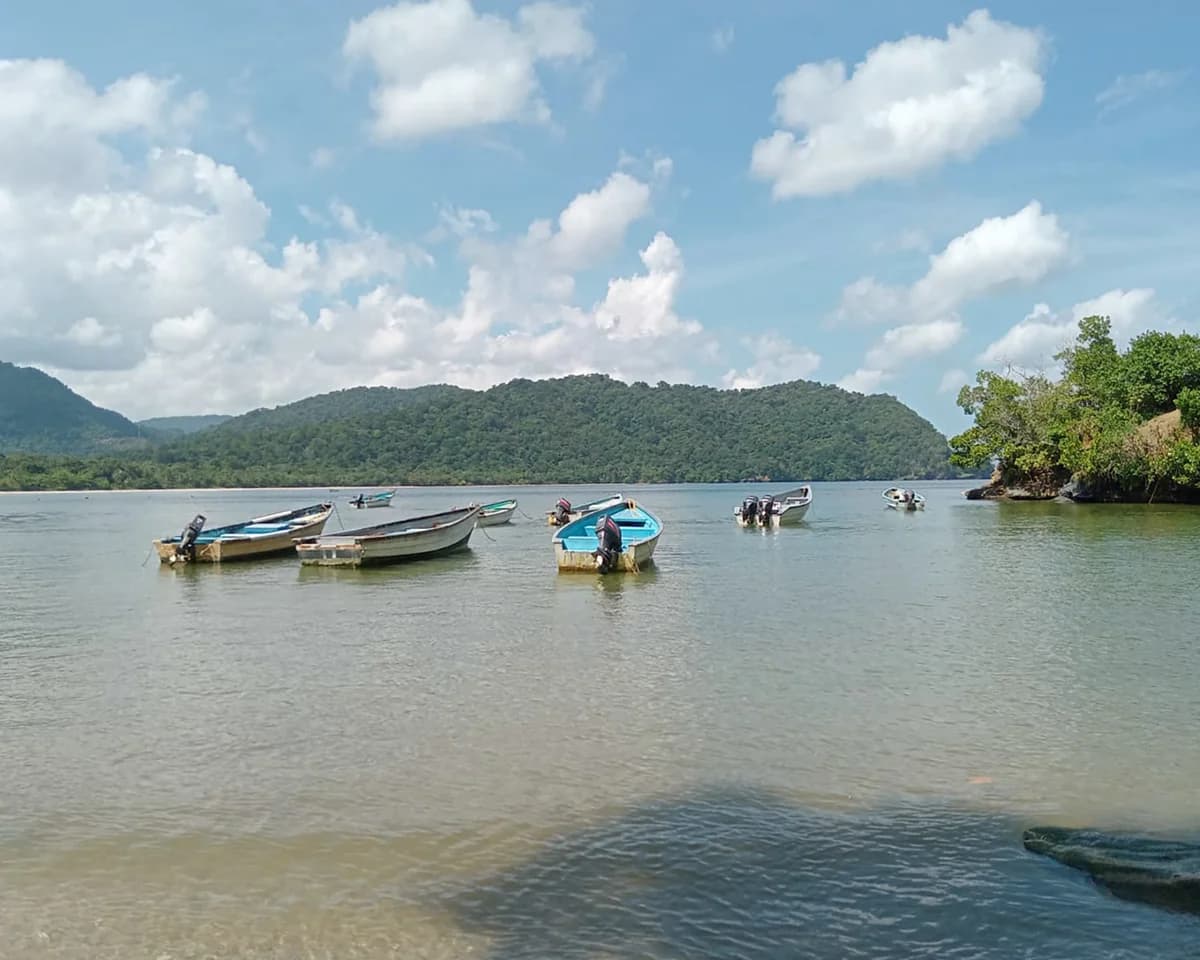We're loading the full news article for you. This includes the article content, images, author information, and related articles.
For the first time in a series of US military operations against suspected drug boats in the Caribbean, survivors have been reported, raising critical questions about aid, custody, and the legality of these strikes under international law.

The United States military carried out a new strike on Thursday, October 16, 2025, against a suspected drug vessel in the Caribbean Sea, with a US official confirming that there were survivors among the crew. This marks the first instance of survivors being reported in a series of such operations, which have previously resulted in the complete destruction of vessels and at least 27 fatalities. The official, who spoke on condition of anonymity, did not provide further details regarding the incident, including whether the US military rendered aid to the survivors or if they are now in US custody.
The Pentagon has not yet responded to requests for comment regarding the latest strike. This incident intensifies scrutiny from legal experts and Democratic lawmakers who have consistently questioned whether these strikes adhere to international laws of war.
Since late August 2025, the US has significantly increased its military presence in the southern Caribbean, citing the objective of combating drug trafficking. This buildup includes guided-missile destroyers, F-35 fighter jets, a nuclear submarine, and approximately 6,500 to 10,000 troops. The Trump administration has characterized the targeted individuals as "narcoterrorists" and asserts that the US is engaged in a "non-international armed conflict" with these groups, primarily from Venezuela. This designation, made to Congress on October 1, 2025, claims that the actions of these drug cartels constitute an "armed attack against the United States."
Prior to Thursday's operation, US military strikes against suspected drug boats off Venezuela had killed at least 27 people. Videos released by the Trump administration of previous attacks showed vessels being completely destroyed, with no prior accounts of survivors. The first operation of this campaign, on September 2, 2025, resulted in the sinking of a vessel and the deaths of 11 people.
The Trump administration justifies these strikes by arguing that the US is already at war with "narcoterrorist groups" from Venezuela, making the military actions legitimate. However, this approach has drawn considerable criticism. Legal experts and some lawmakers contend that international law on the use of force does not permit military action to kill individuals suspected of crimes, including drug smuggling. They argue that drug trafficking is a matter for law enforcement and border control, not military engagement.
Critics highlight that established international procedures for dealing with suspected drug trafficking vessels involve obtaining consent from the flag state to stop, board, and inspect the vessel. The US has not publicly provided evidence that the targeted boats were carrying narcotics or belonged to terrorist organizations for many of these strikes. The United Nations has condemned these strikes as extrajudicial executions, stating that international law does not allow governments to simply murder alleged drug traffickers.
Venezuelan President Nicolás Maduro has vehemently denied any connections to drug trafficking and has condemned the US military presence as an act of aggression. In response to the US military buildup, Venezuela has deployed troops along its Caribbean coast and mobilized civilian militias. Some Venezuelans, however, hope that the increased US presence could lead to a change in leadership.
Colombian President Gustavo Petro has also criticized the attacks, claiming that at least one strike targeted Colombian nationals and calling the actions a violation of Colombian sovereignty. The White House has rejected these claims, stating that only designated "narcoterrorists" have been targeted.
Key questions remain unanswered following the latest strike, particularly concerning the welfare and legal status of the survivors. It is currently unknown whether the US military provided aid to them or if they are now in US custody.
The legal basis for these strikes continues to be a major point of contention. While the Trump administration asserts it is engaged in an "armed conflict" with "narcoterrorists," legal scholars argue that drug trafficking does not constitute an "armed attack" under international law, which would justify such military force. The lack of publicly provided evidence for the alleged drug cargo or terrorist affiliations of the targeted vessels further fuels these controversies.
The international community will be closely watching for further details regarding the survivors of the latest strike, including their nationality, condition, and legal processing. Any official statements from the Pentagon or the US administration on these matters will be crucial. The ongoing debate over the legality of these military operations and their potential implications for international law and regional stability will also remain a significant focus.
The US military's operations in the Caribbean are part of a broader context of escalating tensions between the US and Venezuela, with the US accusing President Maduro's government of involvement in drug trafficking. This situation is further complicated by the US authorization of covert CIA operations inside Venezuela.
Keep the conversation in one place—threads here stay linked to the story and in the forums.
Sign in to start a discussion
Start a conversation about this story and keep it linked here.
Other hot threads
E-sports and Gaming Community in Kenya
Active 9 months ago
The Role of Technology in Modern Agriculture (AgriTech)
Active 9 months ago
Popular Recreational Activities Across Counties
Active 9 months ago
Investing in Youth Sports Development Programs
Active 9 months ago